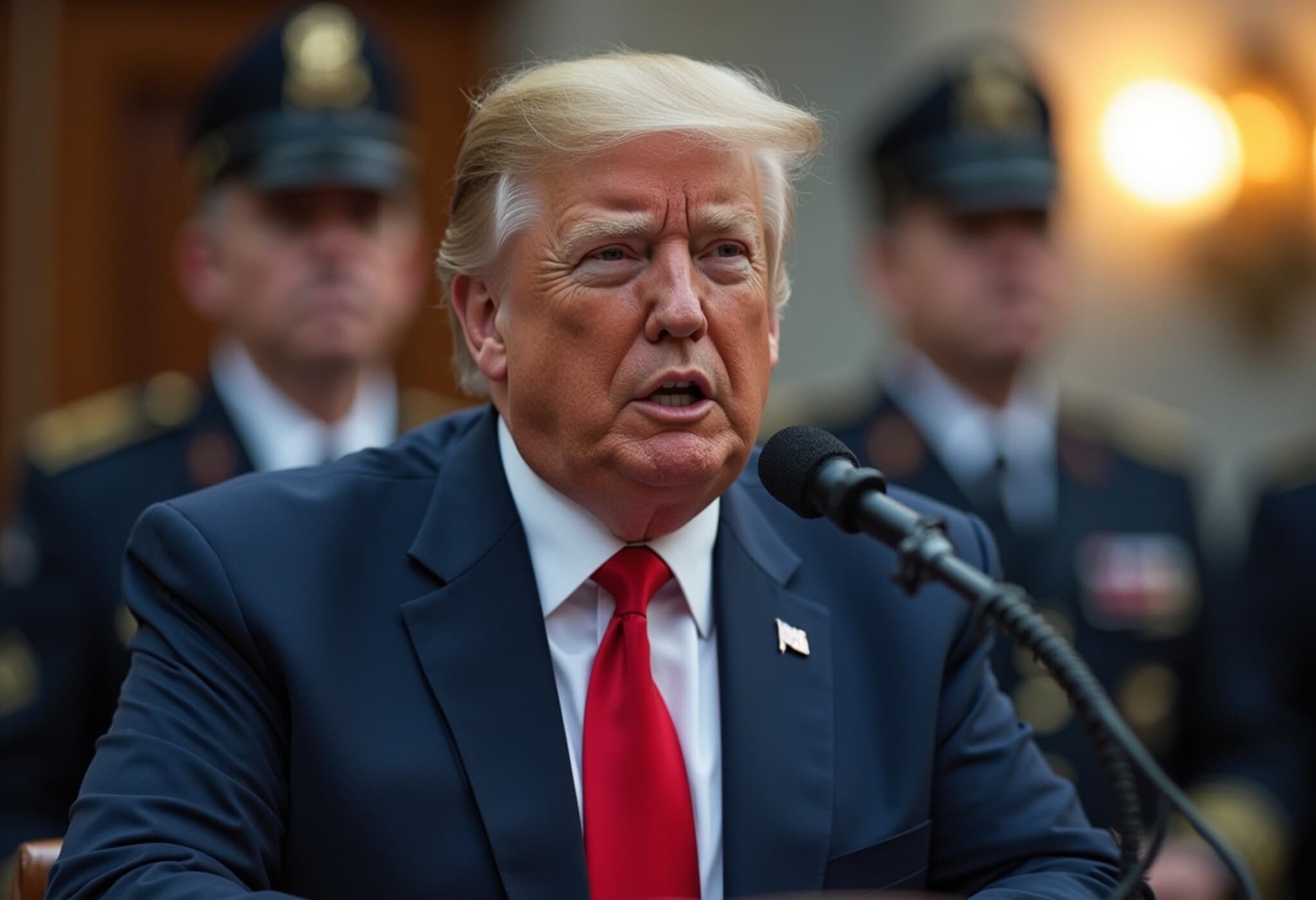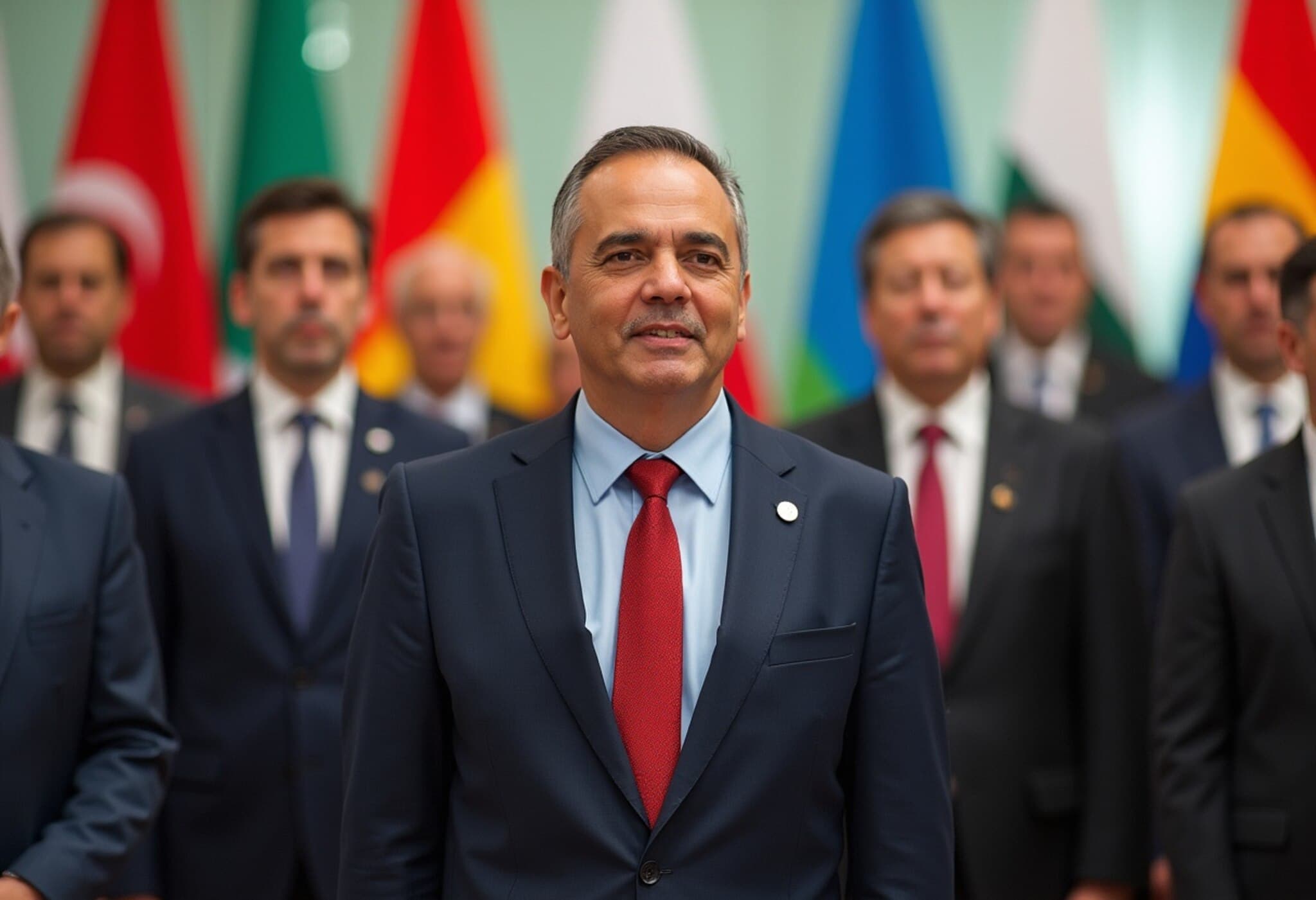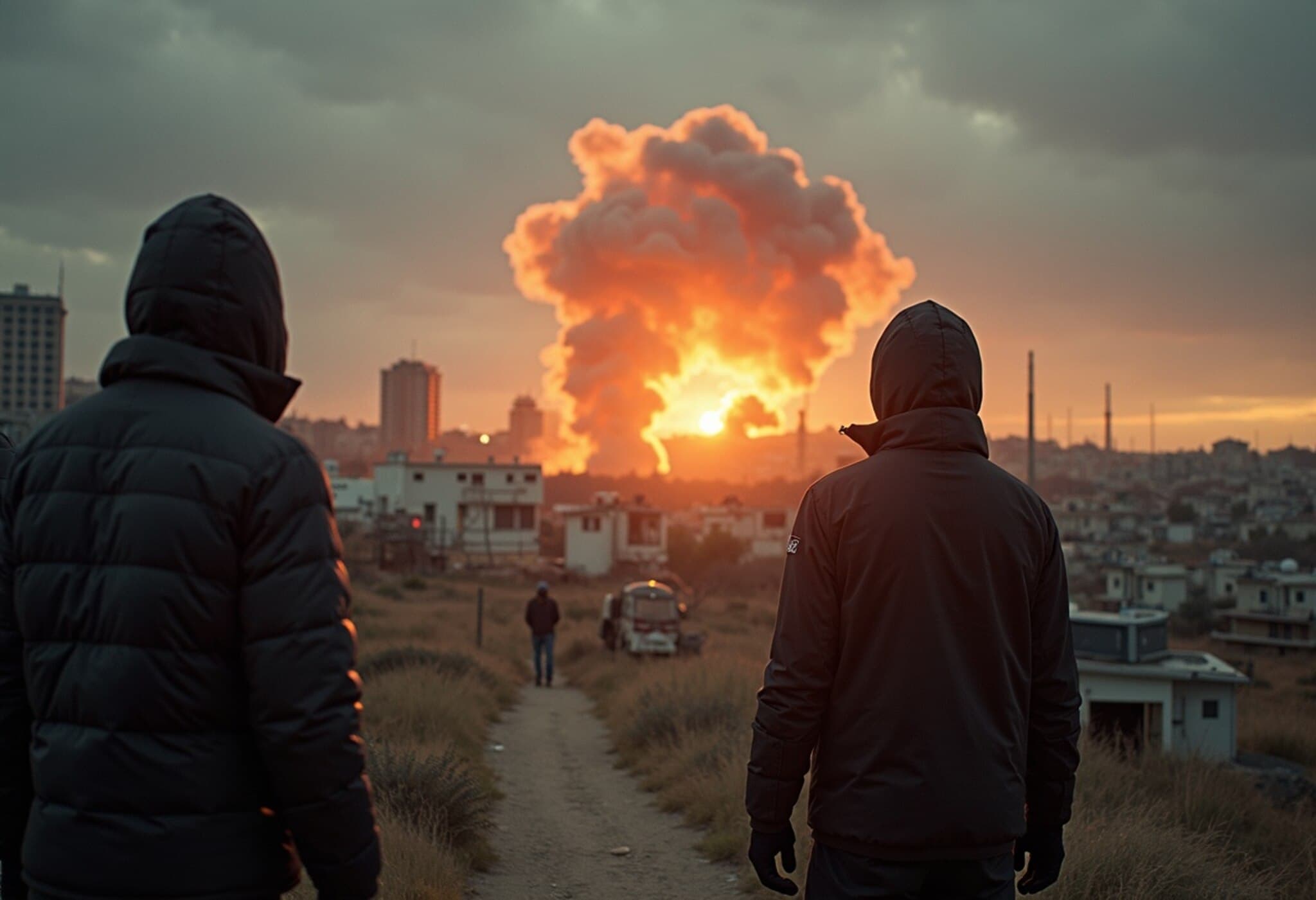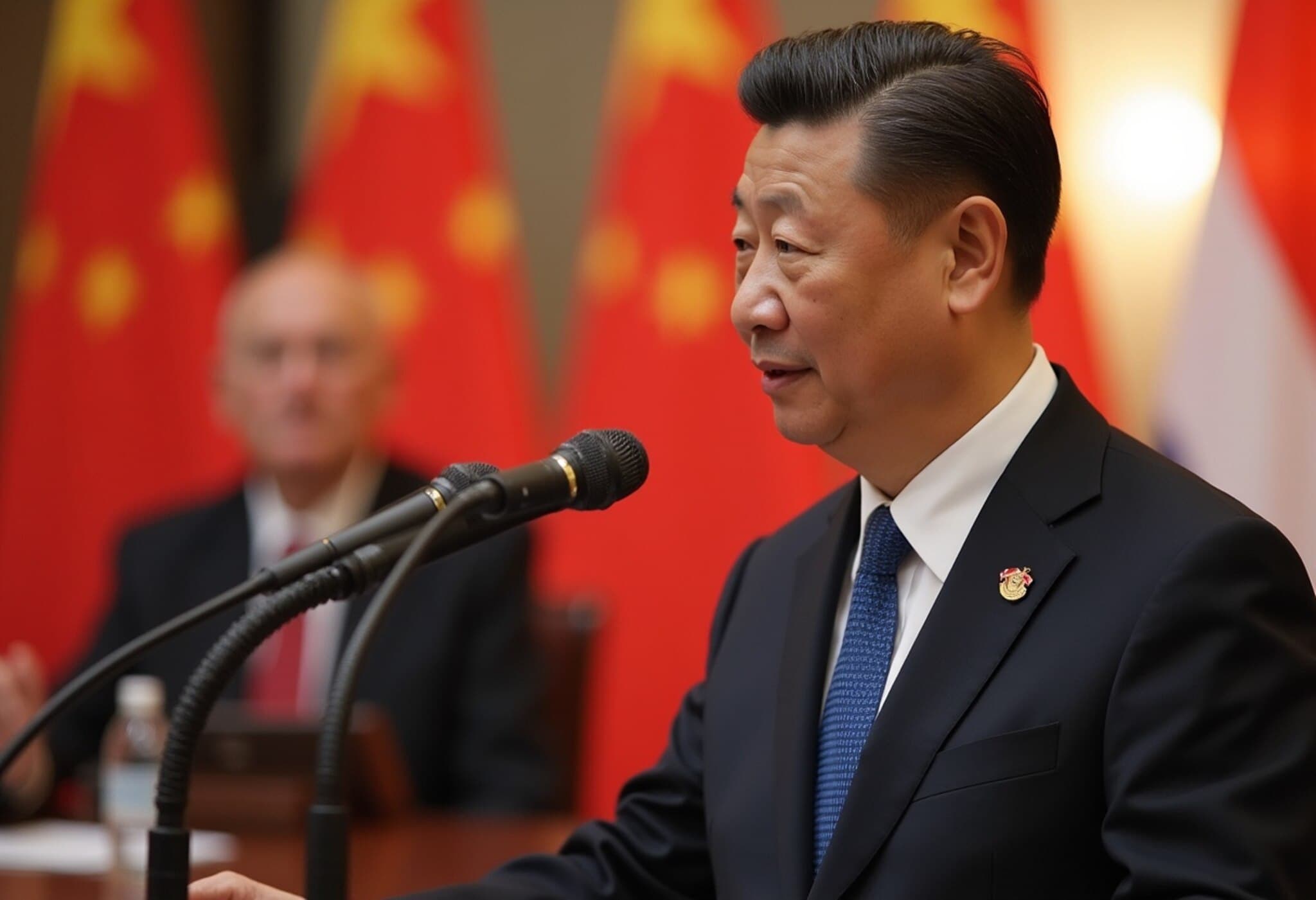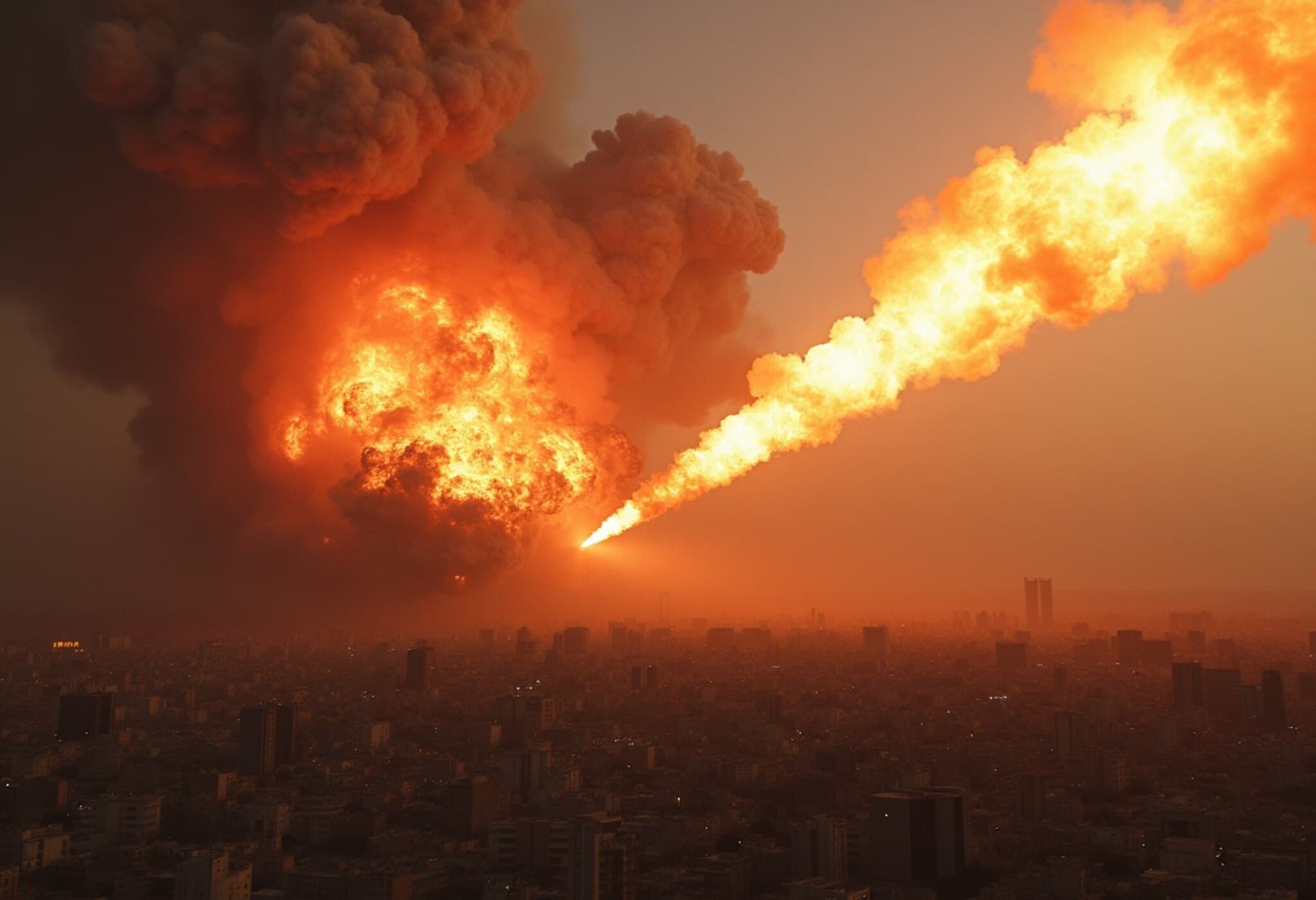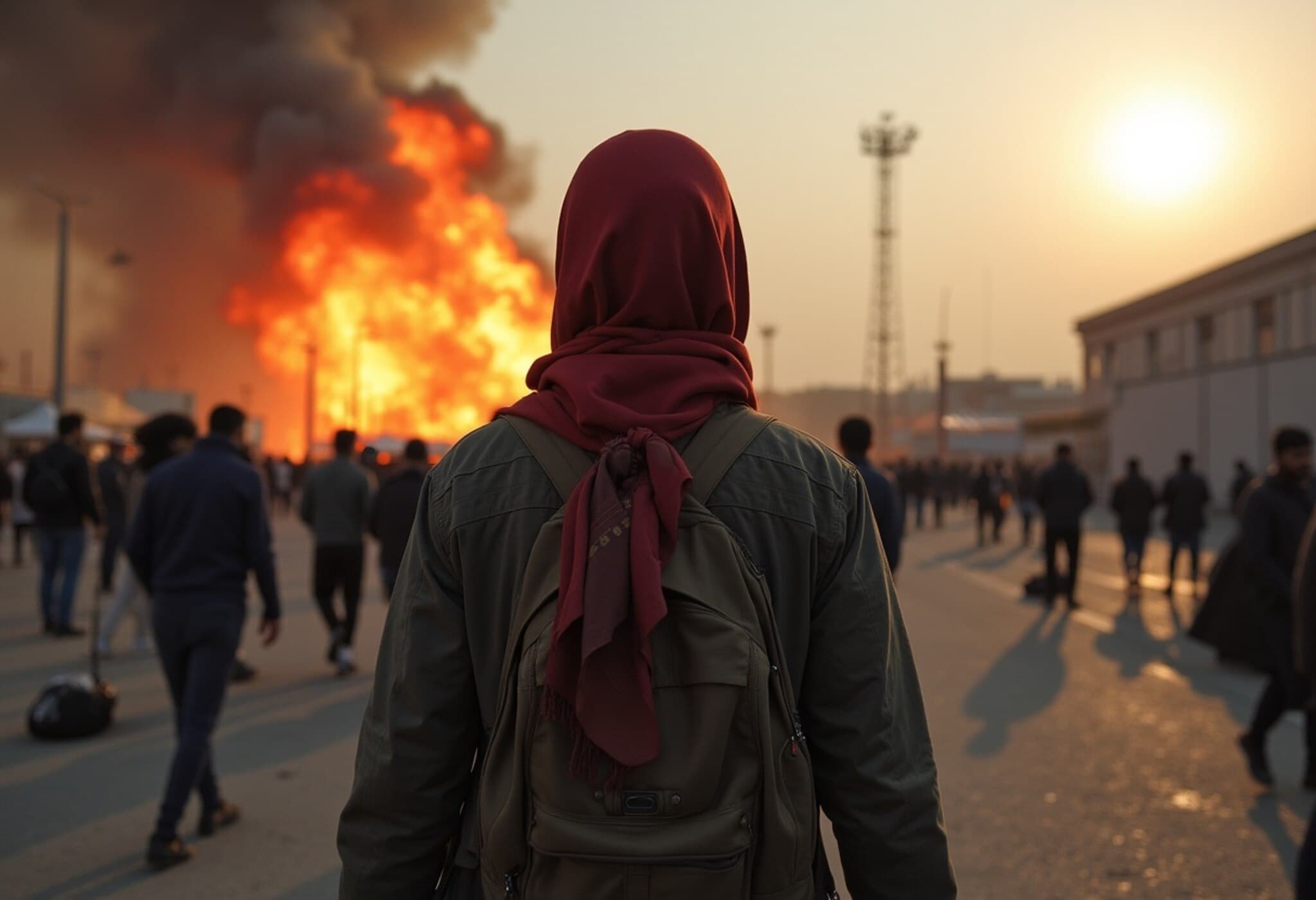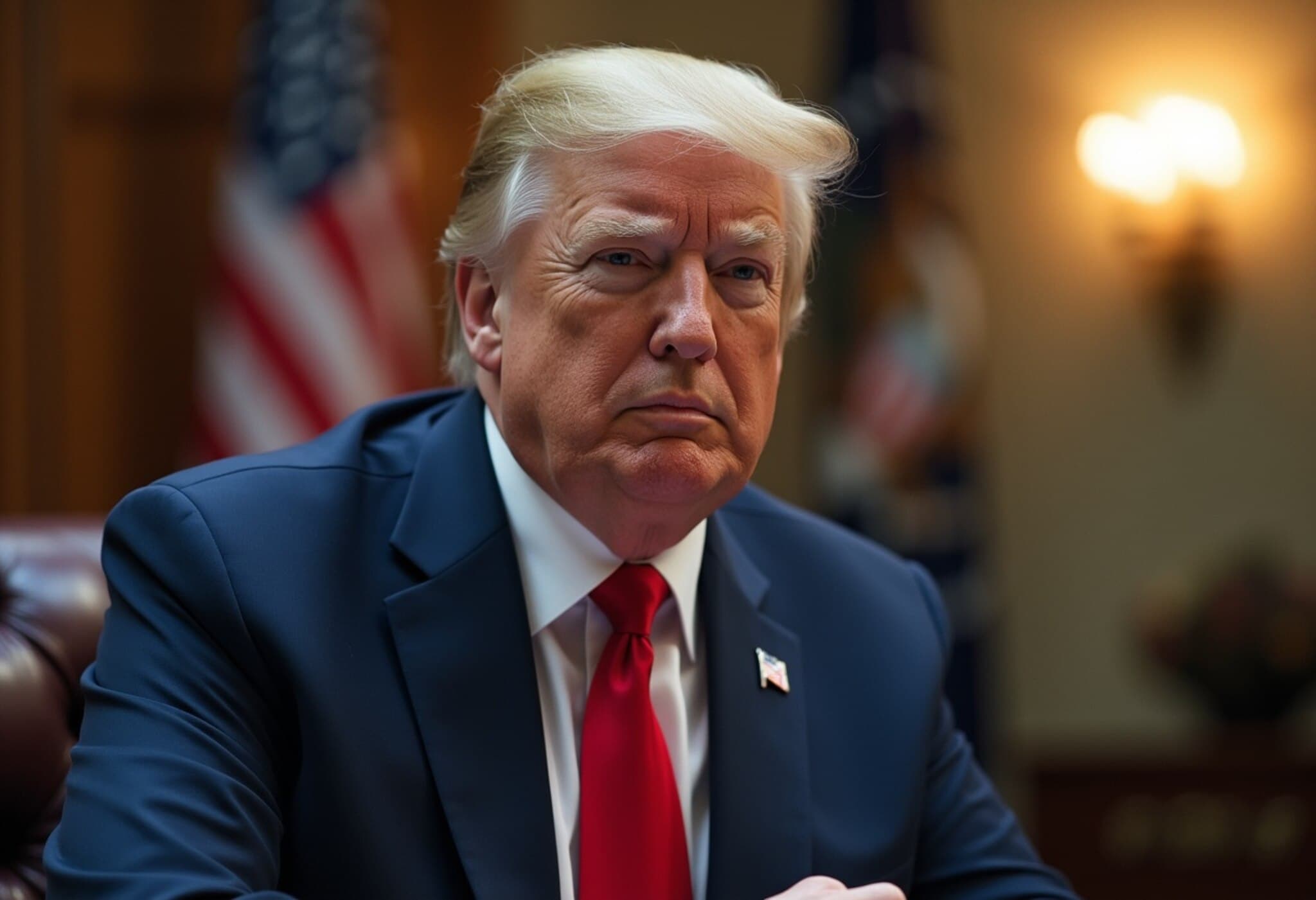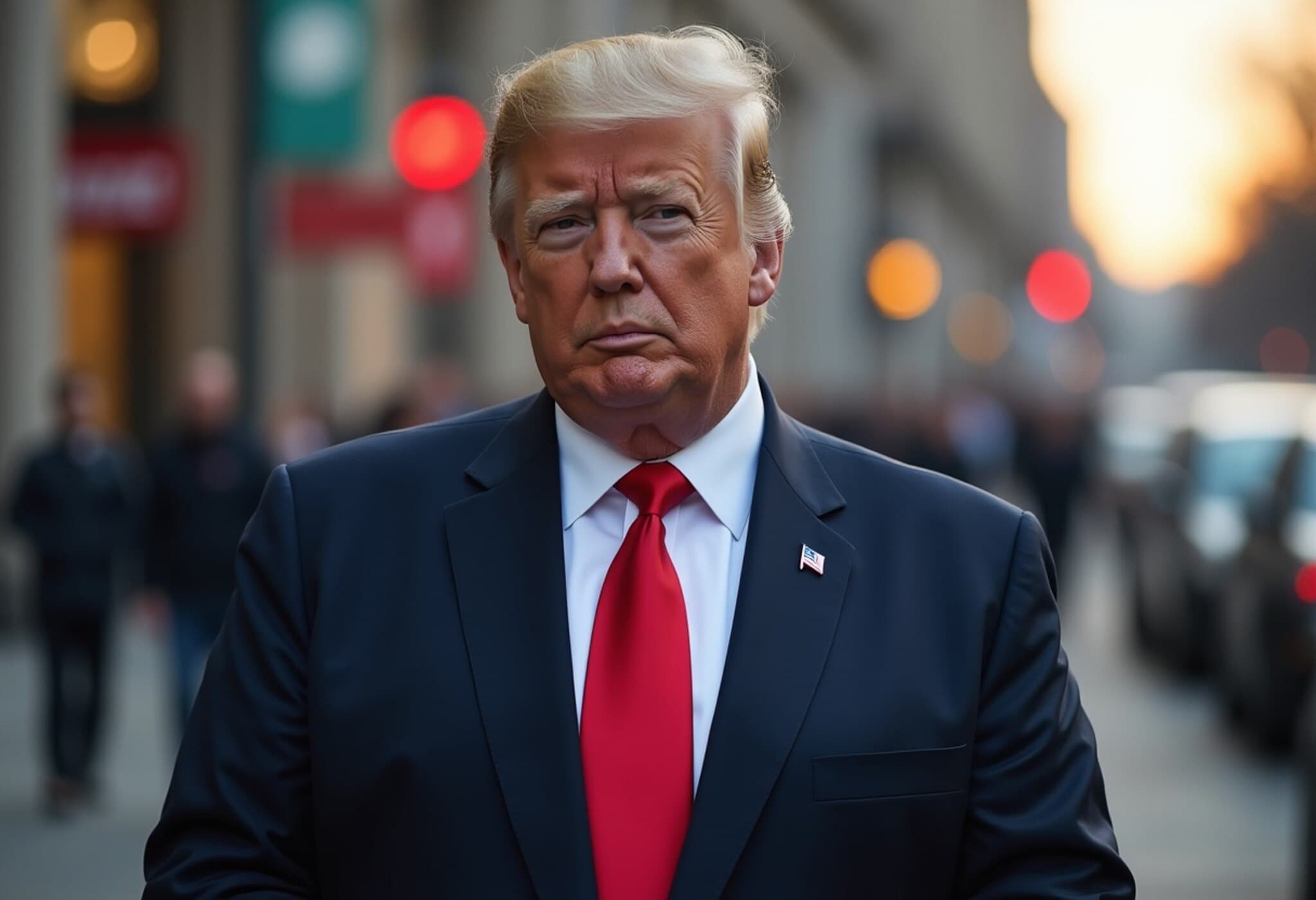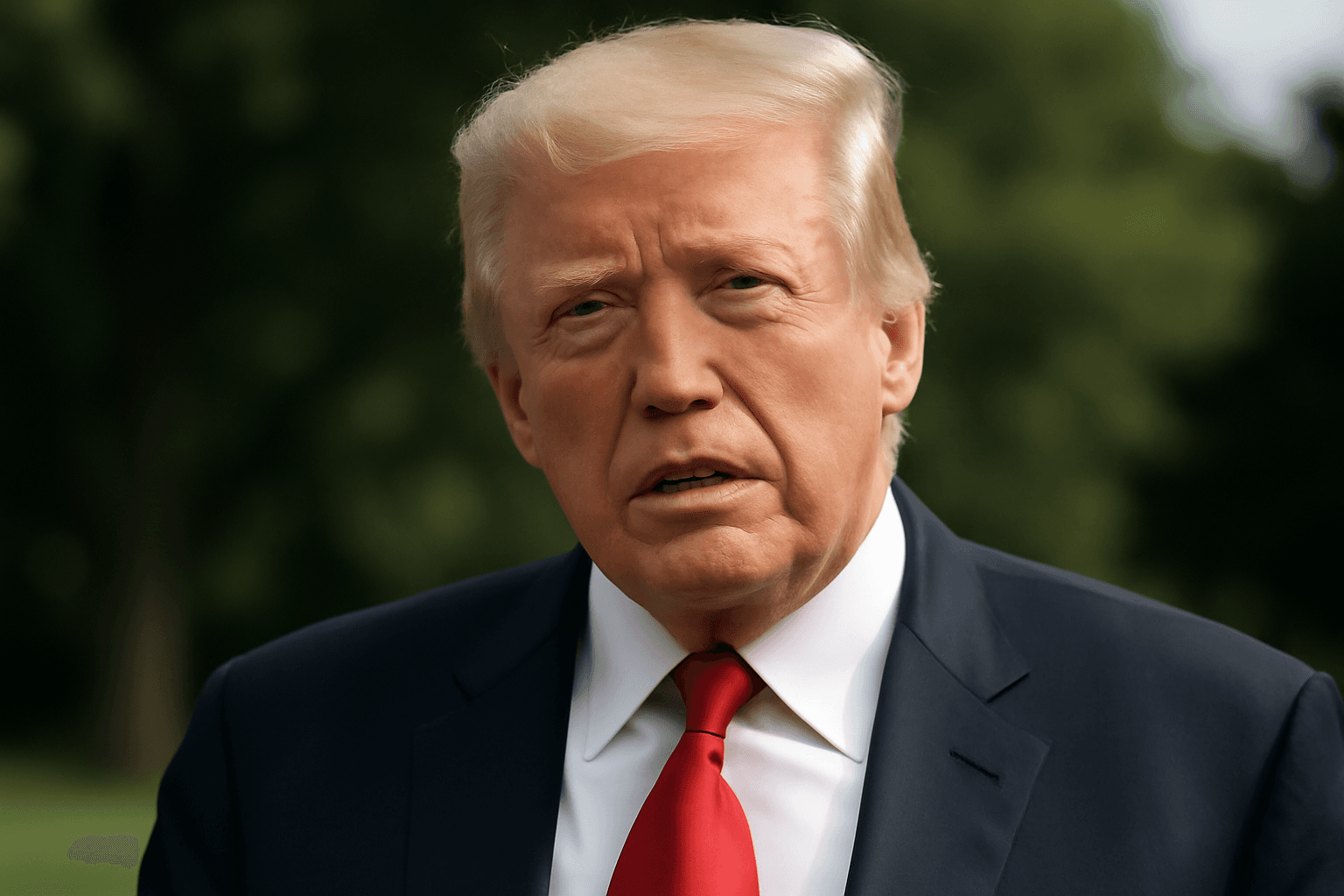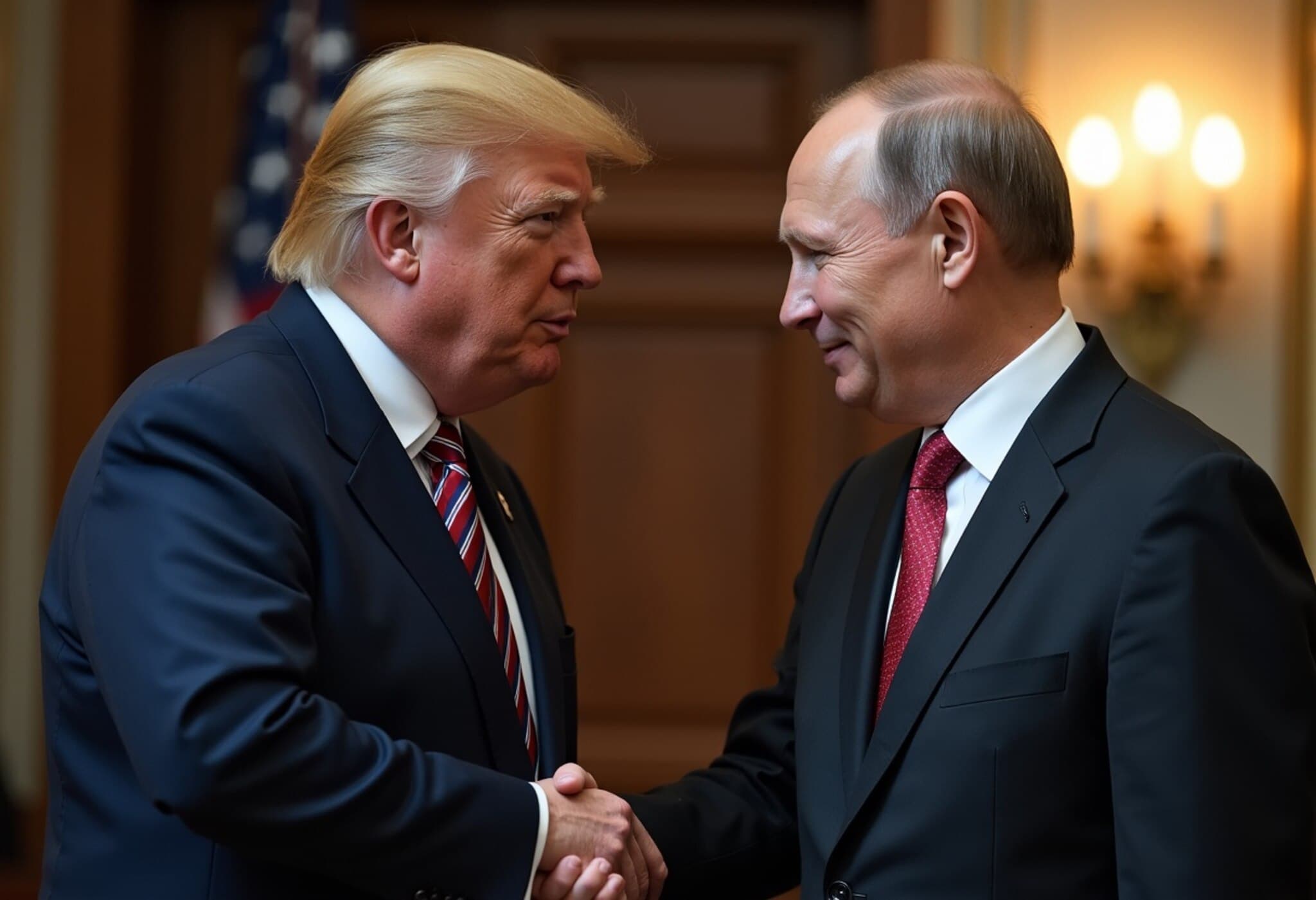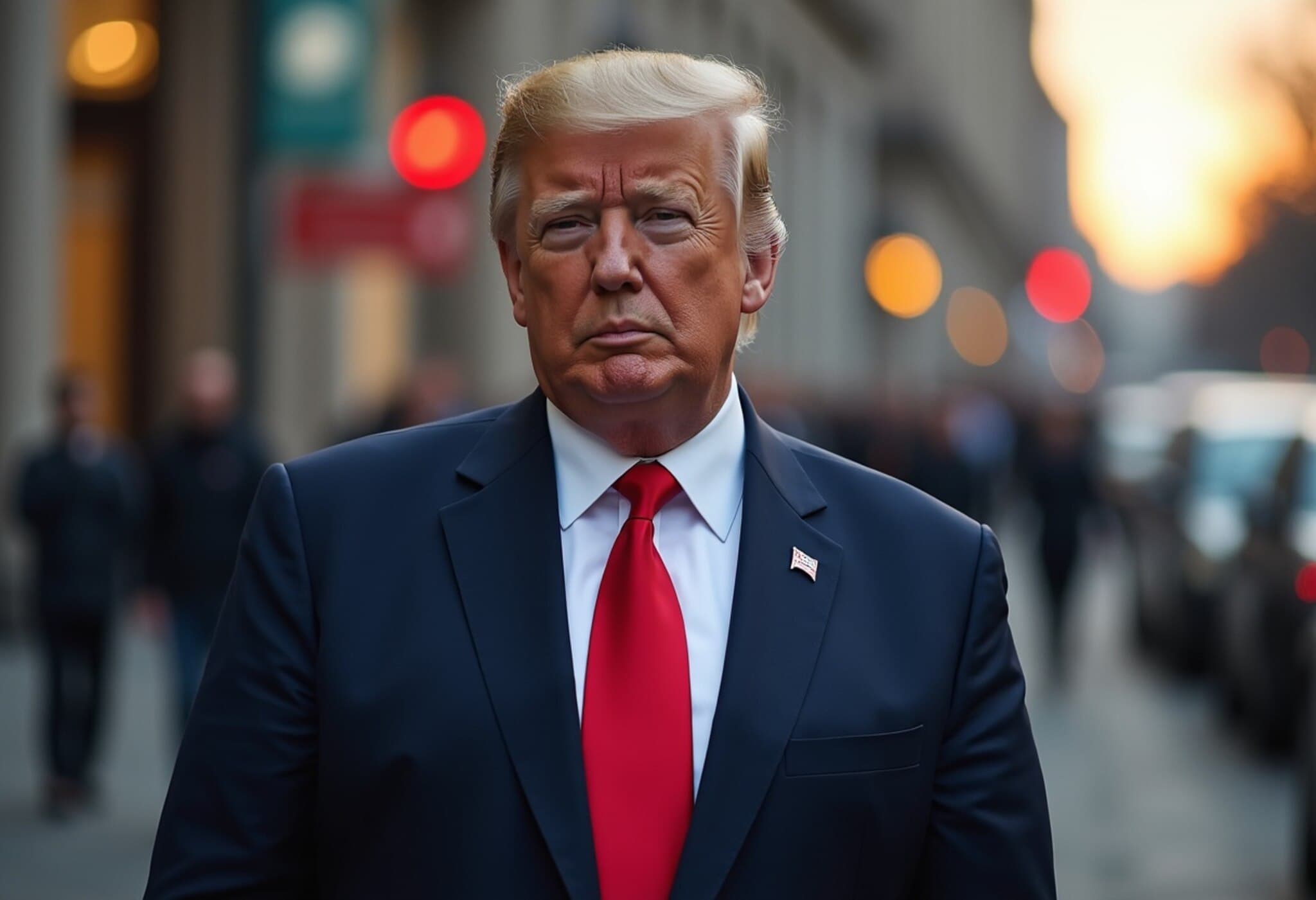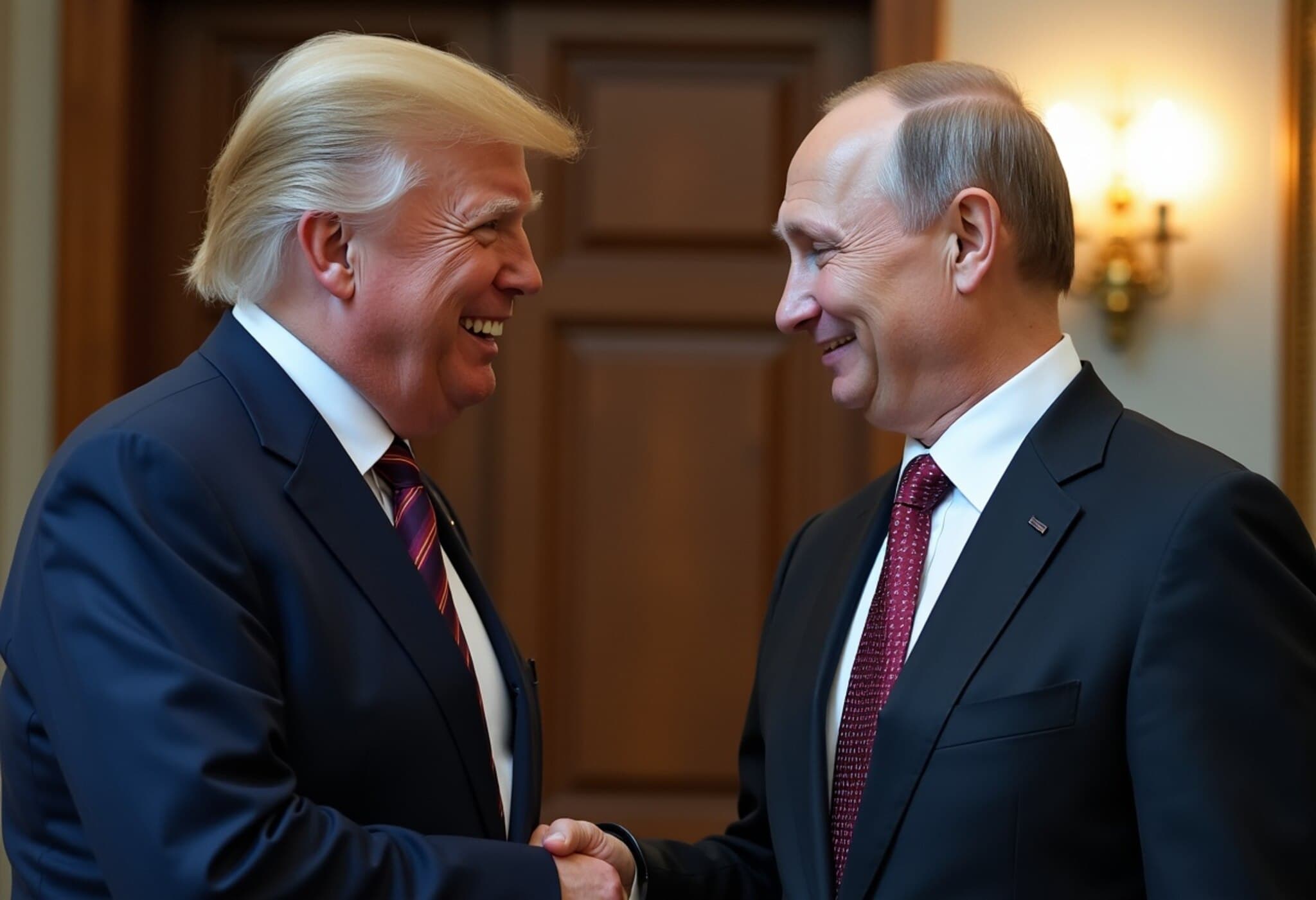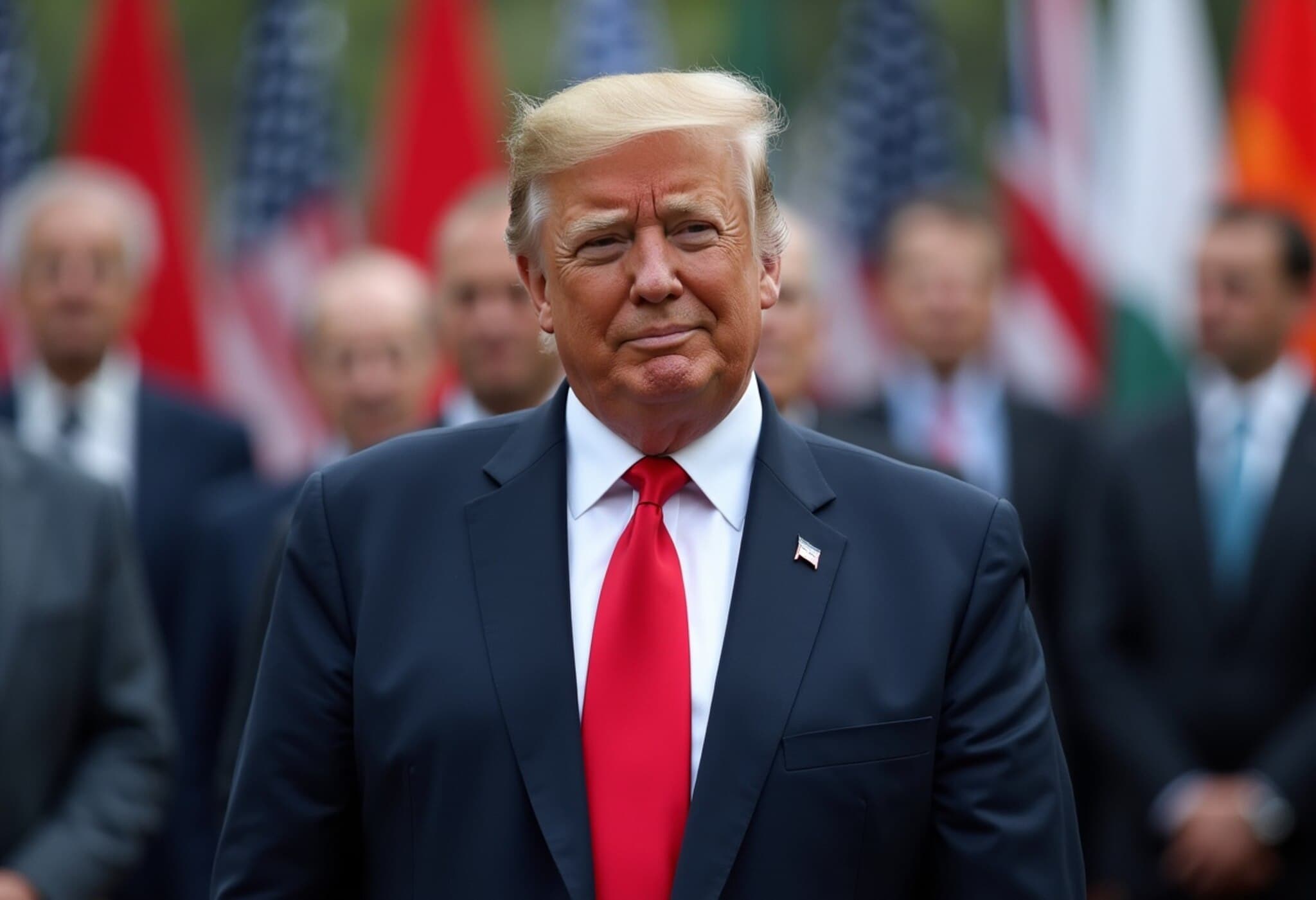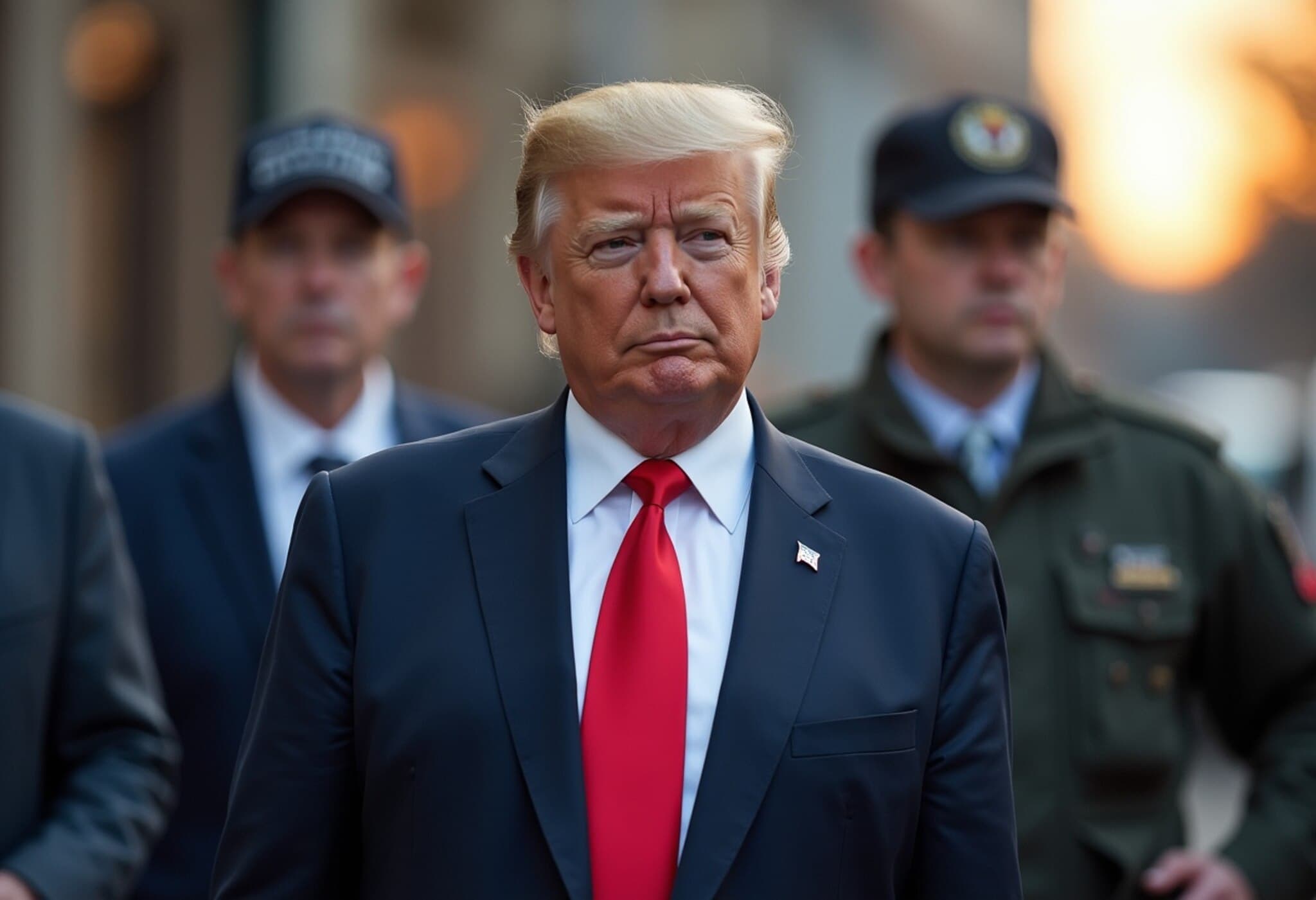Kremlin Responds Cautiously to Trump’s New Stance on Russia and Ukraine
On July 15, 2025, the Kremlin characterized recent statements made by US President Donald Trump about Russia, including his threats of sanctions against buyers of Russian exports, as “serious” comments warranting thorough analysis. This response arrives amidst a marked shift in US policy aimed at increasing pressure on Moscow over the war in Ukraine.
Trump’s Tougher Tone on Russia Signals Policy Shift
President Trump’s announcement on Monday that the US would provide new arms shipments to Ukraine and impose sanctions on nations continuing to purchase Russian goods marks a notable departure from his prior approach. According to the BBC, President Trump expressed clear frustration with Kremlin leader Vladimir Putin, stating, “I’m disappointed in him, but I’m not done with him. But I’m disappointed in him,” underscoring his aspiration to be remembered as a peacemaker despite increasing impatience with ongoing hostilities.
Kremlin Spokesman Dmitry Peskov’s Measured Reply
When questioned by Reuters about the implications of Trump’s remarks, Kremlin spokesperson Dmitry Peskov emphasized the gravity of the statements. “The US president’s statements are very serious. Some of them are addressed personally to President Putin,” Peskov said. However, he stressed the need for time to fully digest the content, adding, “If and when President Putin deems it necessary, he will definitely comment.”
Peskov also addressed the escalating military assistance to Kyiv, suggesting that Western decisions—particularly those made in Washington, NATO capitals, and Brussels—are perceived in Moscow not as gestures toward peace but as encouragements to continue the conflict.
Russia’s Stance on Negotiations Remains Open but Conditional
Despite the harsh rhetoric, Moscow reiterated its openness to direct negotiations with Kyiv. Peskov reaffirmed that Russia is prepared for further dialogue, but emphasized that Russia is still waiting for Ukraine’s response regarding the timing of potential talks. This highlights an ongoing stalemate where both sides seem entrenched, even as diplomatic channels remain nominally intact.
Regional and Global Implications
This evolving dynamic between Washington and Moscow should be viewed through the lens of current geopolitical tensions, especially considering the stakes for global security and economic stability. Trump's hawkish pivot may reflect mounting impatience within US political circles and among its allies, potentially signaling a willingness to escalate pressure on Russia economically and militarily.
From a US policy perspective, threatening sanctions on secondary purchasers of Russian exports could further isolate Russia’s economy, but it also risks complicating US relations with those countries. Many European and Asian nations balance economic ties with Russia against their political alignment with the West.
Underreported Perspectives and Critical Questions
- How will US allies respond to Trump’s new sanctions threat? Countries reliant on Russian resources might resist additional penalties, challenging the cohesion of the Western coalition.
- What role does economic warfare play compared to battlefield developments? Increasing arms shipments could prolong conflict, raising ethical and strategic questions about long-term peace prospects.
- Is there room for genuine dialogue under these rising tensions? Moscow’s openness to talks may be genuine or tactical, but without reciprocal signals from Kyiv and its allies, progress remains uncertain.
Conclusion
The Kremlin’s cautious approach to interpreting President Trump’s statements underscores the complexities of US-Russia relations in 2025. While Trump's message indicates frustration and a tilt towards firmer measures, Russia stands ready for dialogue—but with clear reservations. Observers should watch closely how this rhetoric translates into policy and what it means for the prospects of resolving the Ukraine conflict.
Editor’s Note
This latest exchange between Washington and Moscow highlights a crucial moment in a prolonged geopolitical struggle. As sanctions tighten and military aid flows, the risk of escalation grows alongside faint hopes for diplomacy. Readers are encouraged to consider the broader implications of these maneuvers: How might economic sanctions shape Russia’s domestic politics? Could increased weapons deliveries fuel a protracted conflict? And ultimately, who benefits from this fraught chessboard of international posturing?

